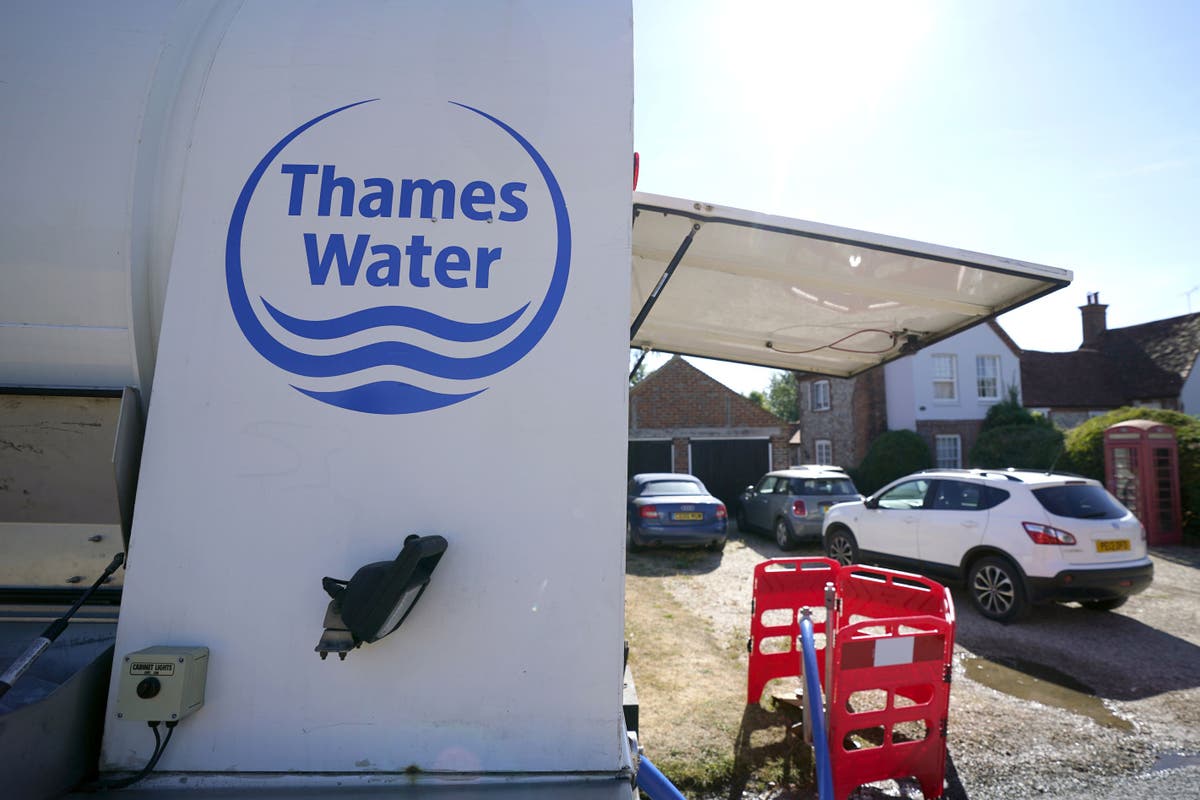Sewage-filled rivers? Water shortages? Leaky pipes? These are only some of the problems facing the water industry – and a row has erupted about how much money will be needed to solve them.
Water UK, the industry’s lobby group, is unhappy about Ofwat’s decision to allow average household bills to rise by £94 per household over the next five years.
Companies wanted to spend £104.5bn over the cycle. But that would see the average bill rising by £144 – a sum the regulator was not willing to accept.
“Water companies are today warning Ofwat … that its draft decision to cut proposed investment puts urgent improvements at risk,” said Water UK. “Ofwat wants to cut a record £17bn from water companies’ £105bn investment proposals, meaning more housing will be blocked, the recovery of rivers will be slower, and we will fail to deal with the water shortages we know are coming.”
Water UK commissioned an “independent” analysis of investors and found that “all had severe concerns about Ofwat’s approach and the level of risk versus the proposed return”.
It argues the extra money is badly needed. And much as it pains me to say so, it is probably right.
It’s not just that untreated sewage has been pumped into Britain’s water courses with wild abandon. Climate change means hotter summers (even if this one has also been soggier than a kids’ pool party).
Water UK argues that its plans would offer the reassurance investors need to cough up the money for badly needed improvements and upgrades to a crumbling infrastructure. Profits? There will be plenty. But without the prospect of making a return, investors will head for the doors.
The trouble is, consumers have no reason to trust the industry. Being asked to shell out an extra £144 by firms that have released untreated sewage into rivers and let leaks go untreated while boosting dividends and executive bonuses is an insult. By any objective, the industry’s priorities have been skewed too far in the direction of investors and not far enough towards consumers.
Some of those consumers could still find themselves paying more than £600 a year, without the hope of finding something better on a price comparison website. Water companies are monopolies. Your supplier depends on where you live and if it happens to be a basket case, there’s nothing you can do about it. Just ask customers of Thames Water.
Of course, Ofwat has been part of the problem too. It richly deserves the criticism it has recently received. The current imbroglio is as much a failure of regulation as it is the failure of an industry. Had the watchdog taken a tougher line in the past, we might be in a better place.
The current stink surrounding the water industry is worse than a stream full of untreated muck. Last year, a YouGov poll found only 8 per cent support keeping it in the private sector, compared to 69 per cent calling for public ownership (as in Scotland). It is troubling that neither the industry nor its regulator have a solution that consumers would be willing to accept.

